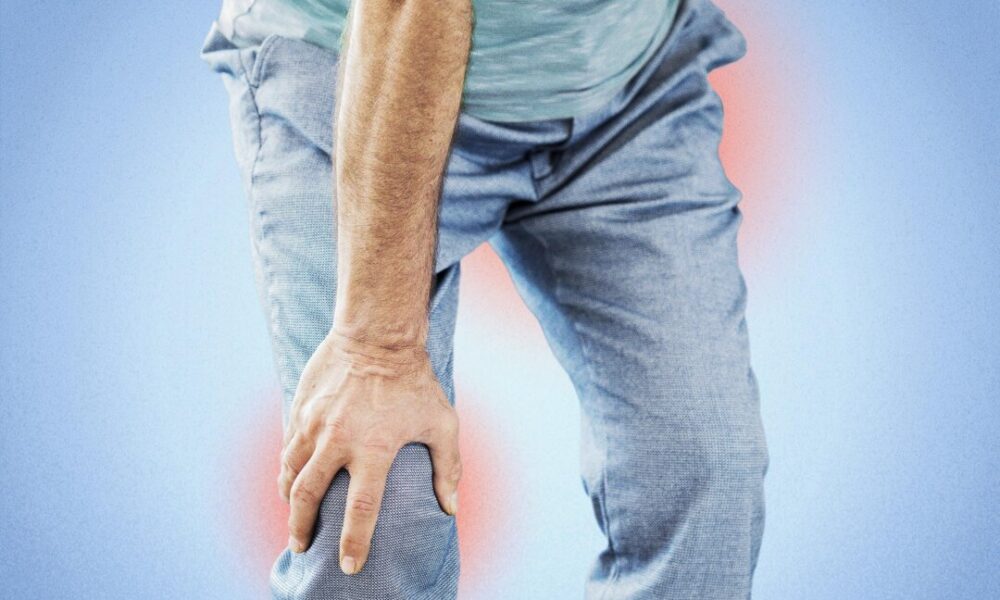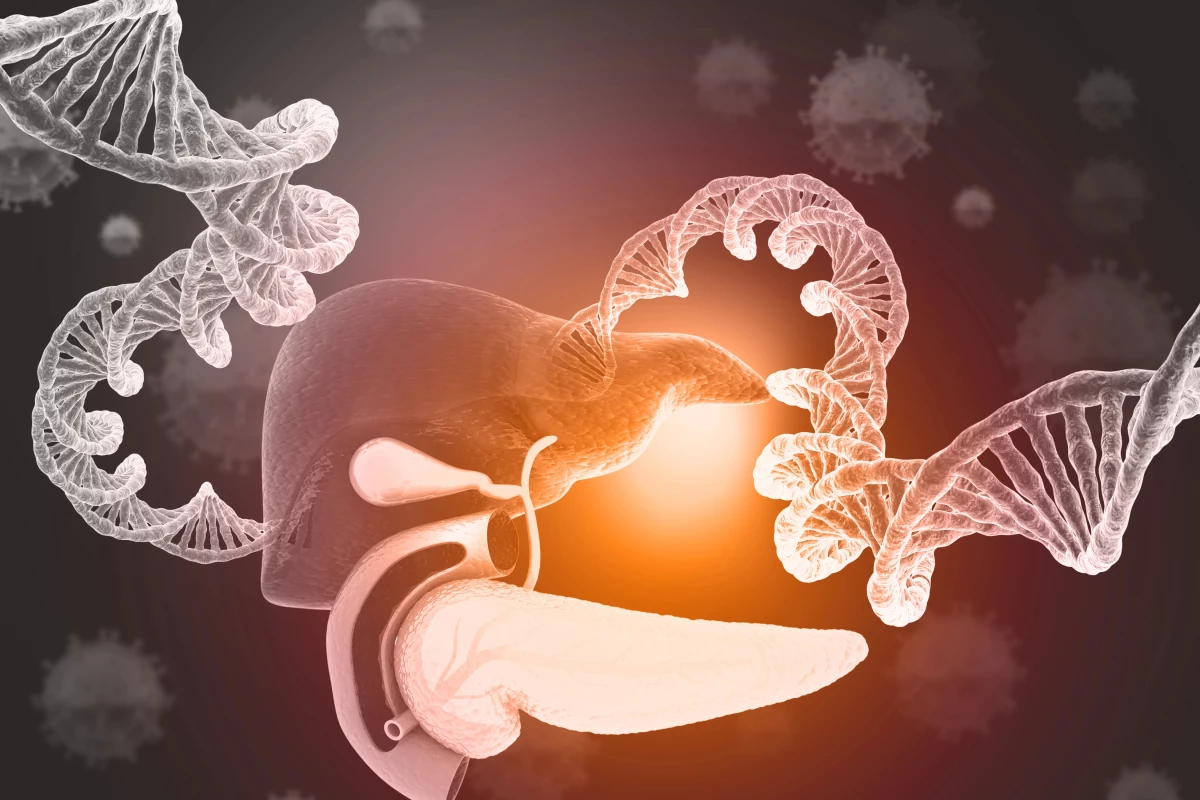Many individuals experiencing persistent knee pain may be surprised to learn that the true source of their discomfort could lie in their hips. A recent study conducted by The Ohio State University Wexner Medical Center reveals that a significant number of people fail to recognize the connection between hip problems and knee pain. This oversight can lead to ineffective treatments and extended suffering.
Physical therapist Smita Rao frequently encounters patients who arrive with referrals for knee or back pain, only to find that hip issues are the underlying cause. The survey highlights a concerning trend: nearly 72 percent of over 1,000 adults surveyed were unaware that knee pain could originate from the hip. Furthermore, a substantial portion of respondents were also oblivious to the fact that hip conditions could contribute to groin pain (69 percent) or thigh pain (66 percent).
Understanding this relationship is crucial, as it can significantly improve treatment outcomes. Rao explains that the body’s mechanics are interconnected, and pain in one area may actually reflect problems elsewhere. For instance, weakness or tightness in the hip can lead to compensatory movements that strain the knee, resulting in pain that may be misdiagnosed.
Recognizing the signs of hip-related knee pain can empower patients to seek the appropriate treatment. Symptoms may include a dull ache in the knee that does not improve with stretching or new footwear, or discomfort that radiates from the hip down to the knee. Rao advises individuals to pay attention to these signals and consult healthcare professionals who can perform a comprehensive assessment.
Therapeutic interventions may vary based on the diagnosis but often include targeted physical therapy to strengthen the hip muscles, improve flexibility, and restore proper movement patterns. In some cases, patients might benefit from specialized exercises designed to alleviate strain on the knee by addressing the hip’s functionality.
The findings underscore a broader issue in healthcare: the need for increased awareness about the interconnectedness of the body’s joints. As healthcare providers continue to educate patients, it is essential for individuals to engage proactively in their health. By understanding the potential links between hip and knee pain, patients can make informed decisions and pursue effective treatment options.
In conclusion, the revelation that knee pain may actually stem from hip issues is a pivotal insight for many. As healthcare professionals like Smita Rao work to bridge this knowledge gap, individuals suffering from joint pain should consider a holistic approach to their health, one that examines the entire kinetic chain rather than isolating symptoms. Recognizing the body’s complex interrelationships can lead to more effective treatments and ultimately a better quality of life.







